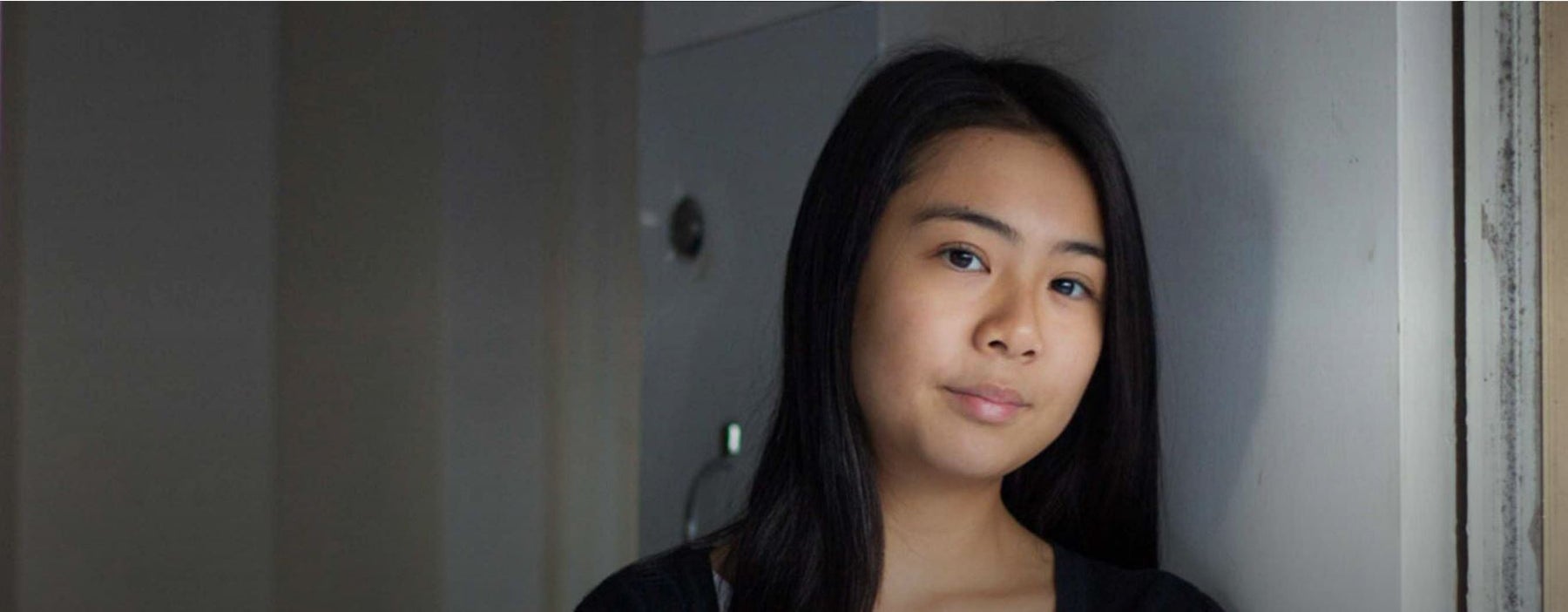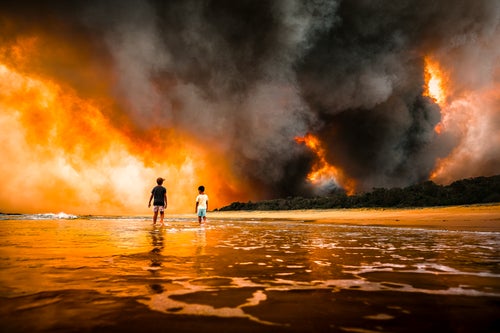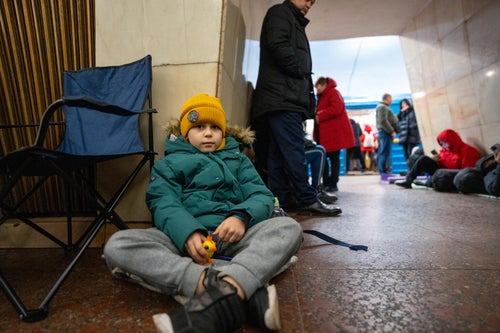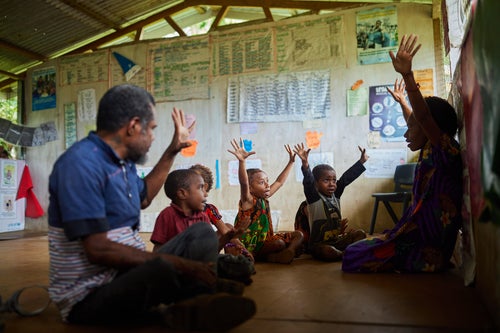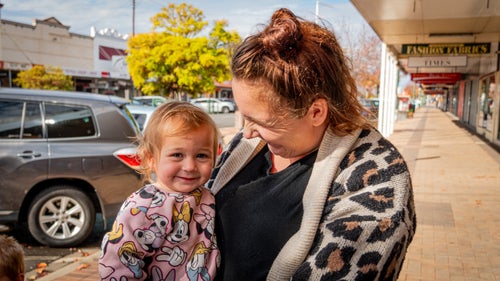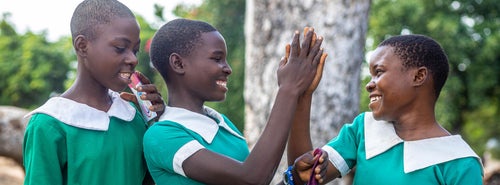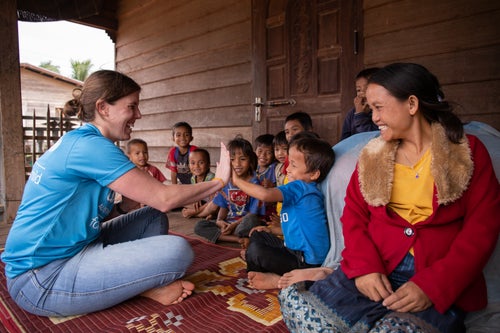While restrictions are beginning to ease here in Australia, many families may still be experiencing anxieties and concerns in the aftermath of COVID-19.
We spoke to Nicola Palfrey, Director at Australian Child and Adolescent Trauma, Loss and Grief Network at ANU Medical School, about some of the potential stresses young people may still be feeling and how best to deal with them.
1. Australian children and young people have faced multiple crises this year – drought, bushfires, flooding, COVID-19. What signs should children and young people be looking for to know when they might need to seek extra support with their mental health and wellbeing?
If young people are noticing that they are feeling ‘more’ than usual (more anxious or worried, sad or down) and these things aren’t changing over time, then it might be a good idea to let someone know. Your parent, or a teacher you get on well with is a good place to start.
It is really important that we all take some time to look after ourselves. We know we need enough good food, rest and exercise to keep our physical health on track, but these things are just as important for our mental health. Also, taking some time for fun and relaxation is really important, particularly when there is so much bad news and worry all around.
2. What have been some of the biggest mental health challenges you have heard of during the coronavirus pandemic?
I think worry and loneliness have been big challenges. People feeling isolated and disconnected from the people and things that usually bring them joy. We have seen lots of really innovative ways that people have tried to overcome this, from online birthday parties, to art and music being shared remotely, to all the acts of kindness being celebrated. Hearing and seeing these acts have helped people keep their spirits up.
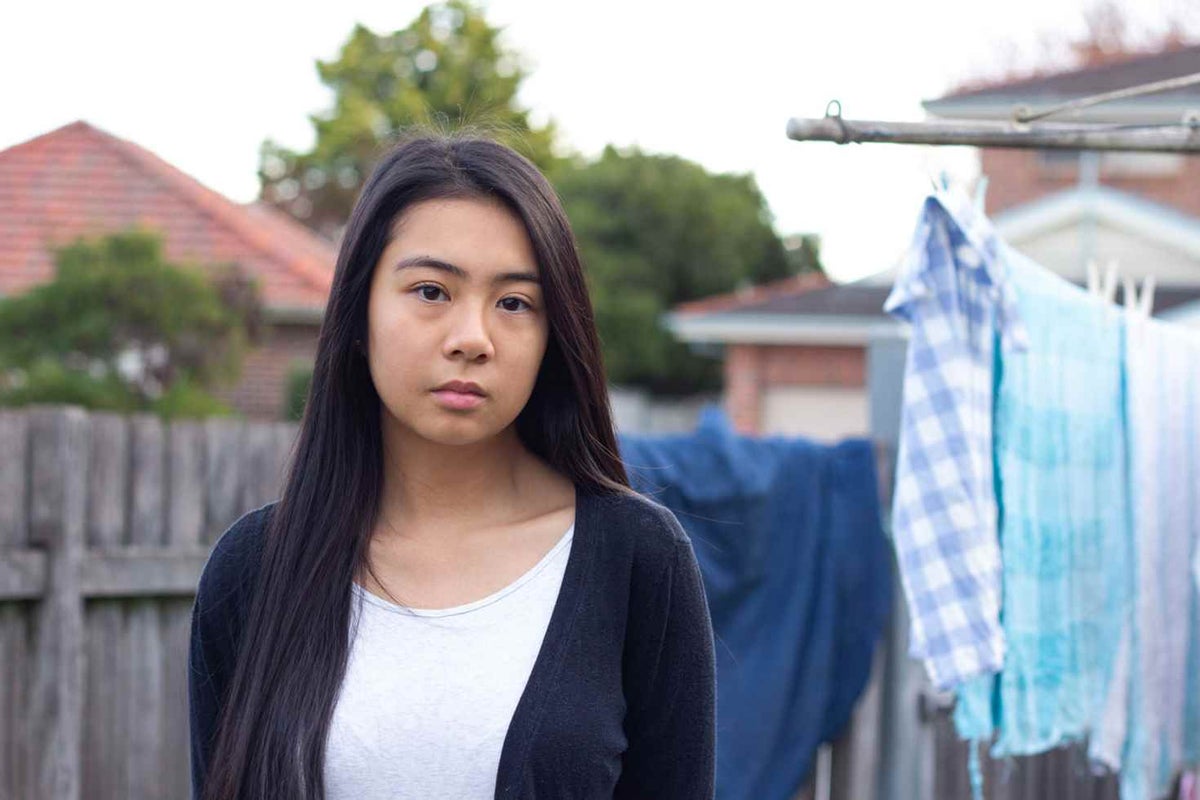
3. Coronavirus is an emergency that’s changing quickly, for example, restrictions are now easing and children are heading back to school. But social distancing will continue for a while and the economic crisis is looming. What are some of the mental health and self-care challenges children and young people will face in these uncertain and changing times?
One of the defining characteristics of this emergency is just the huge number of unknowns that are involved. How bad are things going to get? How long will it go on for? How badly will we all be impacted?
This can be really hard for people of all ages to deal with. You can see people trying to find certainty, demanding to know when things will change, and lots of young people are really worried about the impact of this on their education.
It is really important to remember that EVERYONE has had their schooling disrupted, the whole world is trying to cope with this, so you are not in this on your own. Try and focus on what you can control; the way you act, what you do and say and let go of some of those big things that you can’t control, like when a pandemic might end.
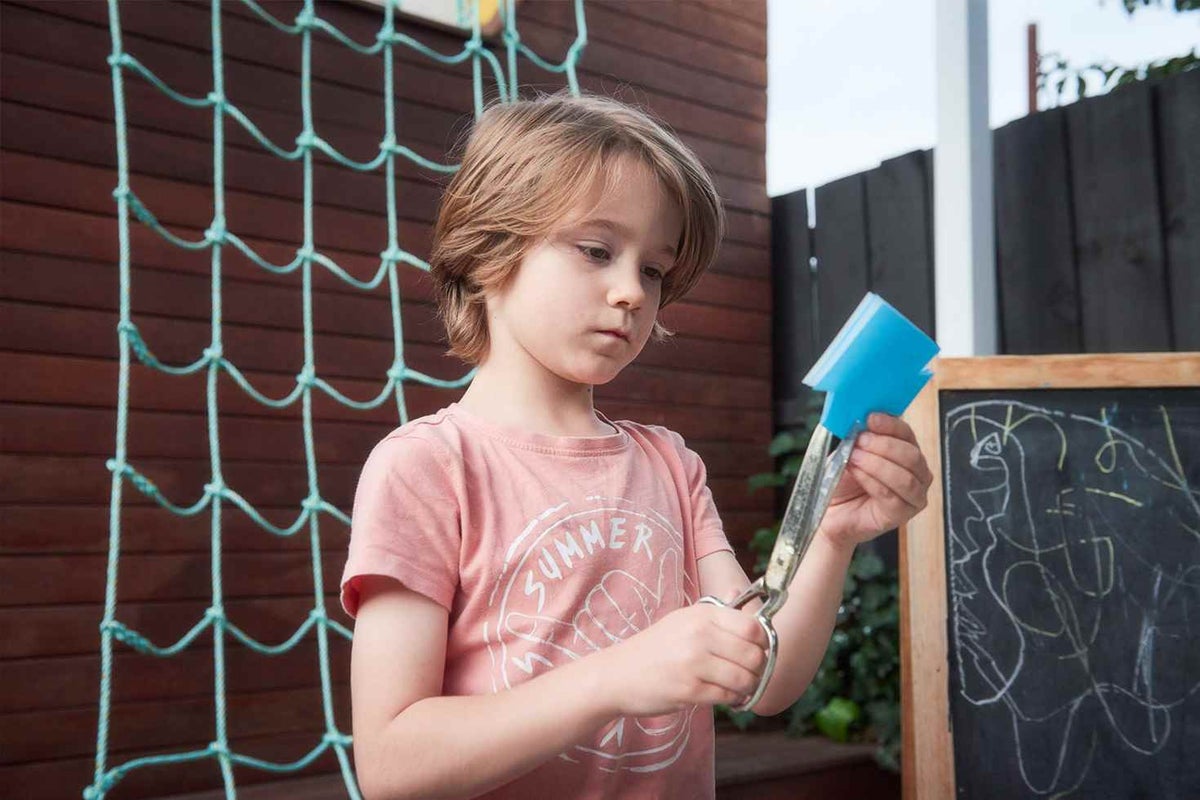
4. Returning to school can be an exciting time but it can also be an anxious one. What are some strategies and tips to make the transition back to school a positive experience?
Look for, and focus on the positives, seeing your friends or favourite teachers. Seek out answers for the questions you have. Maybe work with your fellow students to gather the key worries of students and put them to staff or education departments for answers. Being engaged and constructive can help you feel more in control.
Parents can help by understanding that this may be a mix of feelings, excitement and fear, joy and trepidation. Check in with kids and be flexible and understanding if they can’t quite adapt as quickly as they have done in the past.
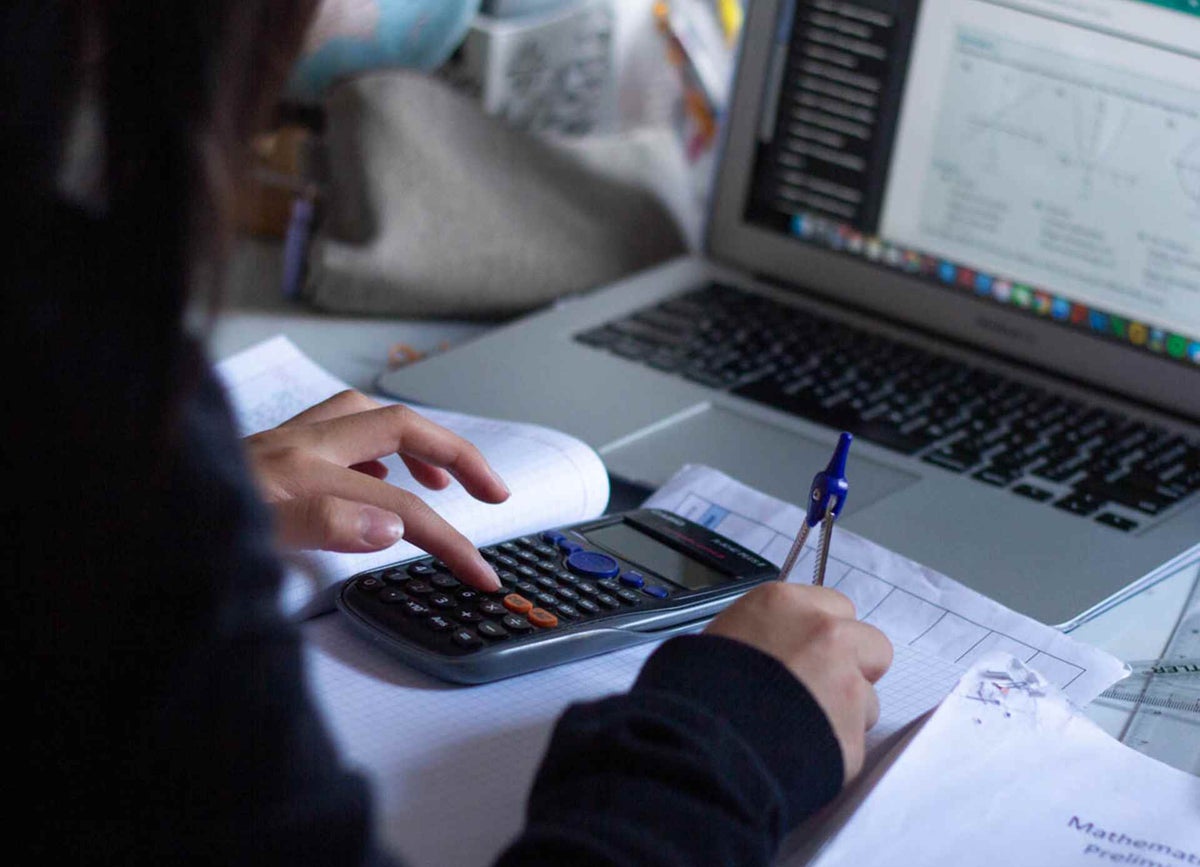
5. If coronavirus has shown us anything, it is that things can change very quickly. What is your advice to children and young people who feel anxious or overwhelmed?
Take some time to find out what works for you when you are feeling overwhelmed. Sometimes you need some quiet time, or activities like mindfulness. Other times you might need to burn off some anxious energy or frustration, listening to loud music or running around. Different things work at different times. It can help to have a list so you can try a few things until you find something that works.
6. Some children may have found comfort in isolation and dread the return to school because of bullying or exclusion. How can parents help their children who have found comfort in home learning to return safely to school?
Again, understanding and patience are key. It makes complete sense that some children won’t want to return to a place they feel unsafe or out of place. Validating their feelings and working with them to try and develop a plan of how to return might help them. You can also include the school in these discussions, so everyone is on the same page.
See our COVID-19 resources for more advice, tips and activities to support you and your family through the coronavirus pandemic, from UNICEF experts in health, early childhood development, education, and child protection.
Related articles
Stay up-to-date on UNICEF's work in Australia and around the world



